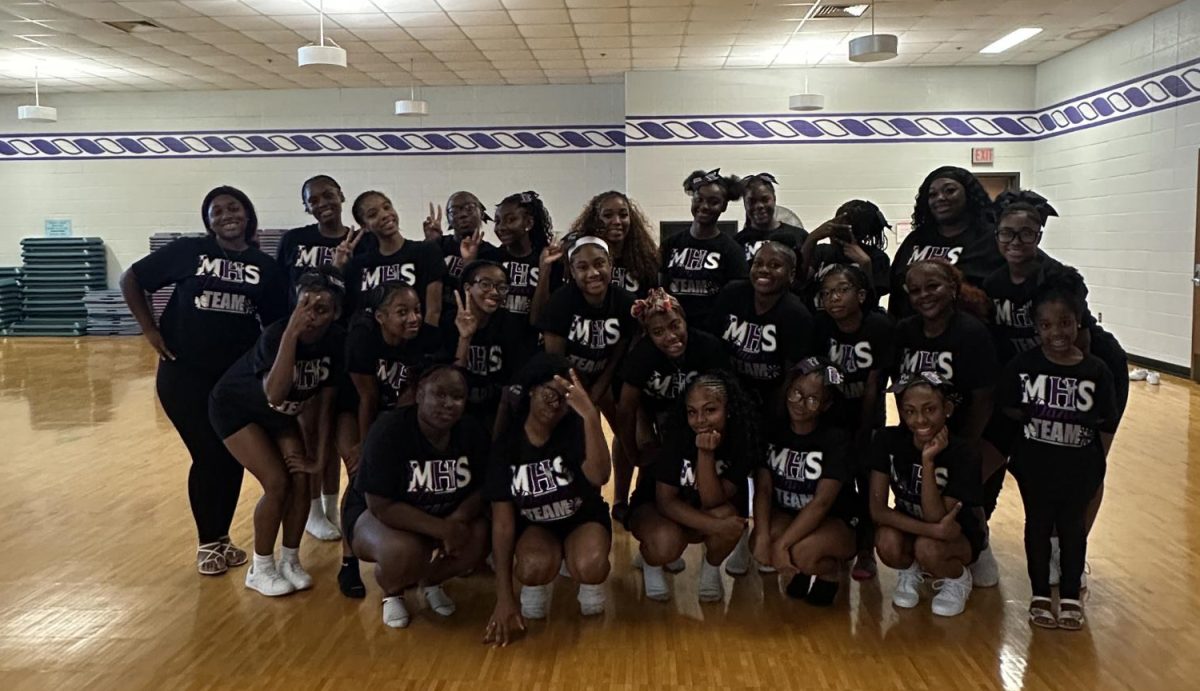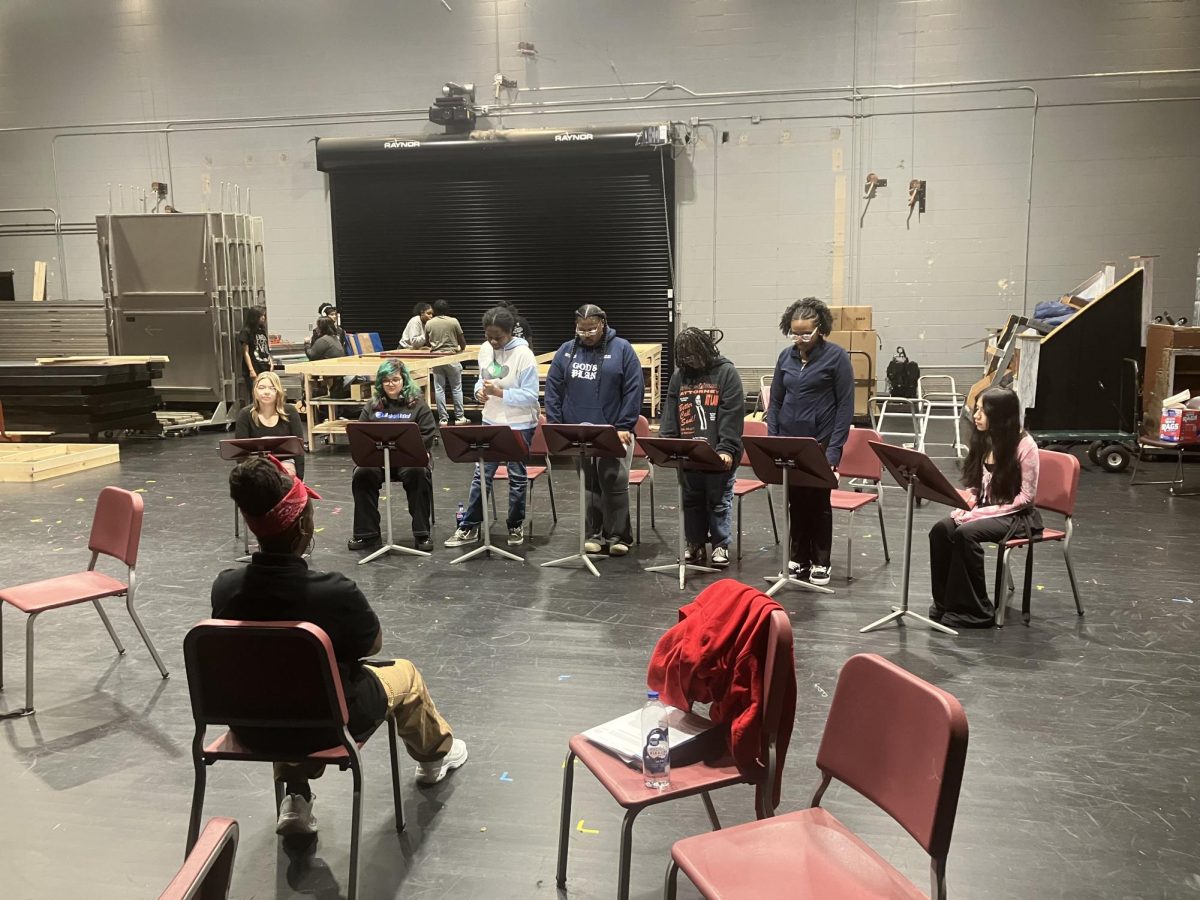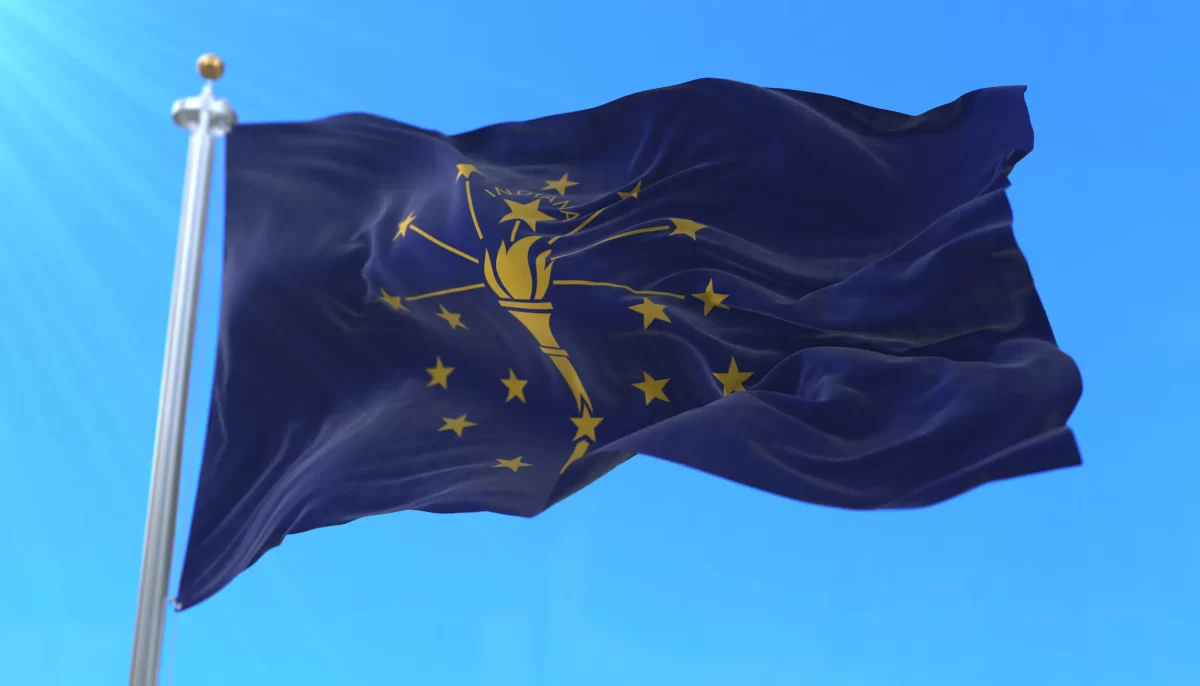Indiana HB 1608, a law that went into effect on July 1, 2023, requires teachers to inform a student’s parent/guardian whenever a student wants to change their name to a nickname. It also prevents teachers from speaking to younger students about LGBTQ-related topics. The content within it has earned it the nickname, the “Don’t Say Gay” law.
At MHS, teachers are notifying administrators about requests and administrators are calling parents and relaying responses to the teachers.
The law has sparked anger among some teachers and students at MHS, who believe the law is targeted toward a specific minority group and is not something for the education system to be concerned with.
“The law is unconstitutional in my belief, and on paper, it’s not technically against The Constitution, but through practice, it is a law that is silencing the youth,” said one freshman student who identifies as transgender.
The freshman’s parents approved of teachers using his preferred name.
“As a trans kid, we deal with a lot of things already like ‘Oh, you don’t know what you’re talking about’. This is just another law to tell us once again, ‘You don’t know what you’re talking about’ – ‘You shouldn’t be saying those things’,” the freshman said.
“It isn’t right to tell people ‘You can’t say this or we’re gonna tell your parents’. School should be a place where you can come in and feel safe and get an education. They shouldn’t be worrying about what you want to be called.”
Not only does Indiana HB 1608 affect students, but teachers as well. This has given teachers an extra responsibility that affects student-teacher relationships.
“It’s yet another thing that I’m legally obligated to do that has nothing to do with what I am contracted and paid to do,” said Theater Teacher Thomas Mackey. “It’s a waste of time and for the very few students it affects. It creates a chasm in the trust of a student-teacher relationship because now we’re being used as tools of an overreaching legislature.”
While some may think a name is just a name, it means more to others. Students have said preferred names can offer a new sense of identity and direction in life. They can teach people more about themselves and help discover more of who they are.
“Once I got to experience life and the things I want to do and I like, I felt like [my preferred name] was just a better fit and a better name for me,” said one senior who identifies as non-binary. “I’m still discovering who I am as of now, but I now know more about myself than I did in the past, and that name represents a new beginning and a new version of me.”
When the law was passed, the senior student underwent many different emotions.
“I remember when my teacher told me about it, and at first, I was nervous because I knew it was going to get passed, so I wasn’t surprised, I was just more nervous,” they said. “But, it being passed and it actually happening, it was just overwhelming disgust and depression – a lot of emotions hitting at once and just a bunch of grief.”
The senior’s parents asked the school to call the student by their legal name.
“I used to feel more myself when I was being called [my preferred name] and being denied that privilege and just having to be referred to by my last name – it’s not really a great feeling because it feels like I’m being called out of my name. It just feels weird and makes me uncomfortable sometimes,” they said.
The confines of HB 1608 affects the home life of students as well. By outing LGBTQ+ kids to their parents, it can change how they view each other and how a student views themself.
“Especially for LGBTQ+ youth, if they don’t have support at home, then they will start to feel isolated, even more so when we start to think about how with this new law, they aren’t even allowed to go by a preferred name or use preferred pronouns in school,” said Ms. Stamatina Kalafatis, sponsor for the Gay-Straight Alliance. “So now, they can’t feel that safety at home, and they can’t feel it at school.”
“This is very hard for trans youth because if they aren’t out and accepted at home, they are now making themselves go against what they *feel* about themselves,” she said.
Ms. Kalafitis believes school should be a place where students feel safe to be who they are.
“Not everyone is lucky enough to have that same environment at home, so they may need to make changes,” she said. “For me as a teacher, I want to provide a safe space. But the law makes it a little more challenging because I do not want to unintentionally put a student in danger if they are not accepted in this way at home.”
The freshman student believes it is important to remember that this law shouldn’t make students rethink who they are.
“When they silence us, they’re trying to threaten us. If I could say one thing to the kids that are scared, it’s don’t back down,” he said.



















